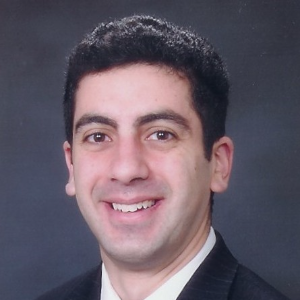Title : The effects of local violent crime on cardiovascular disease and risk factors
Abstract:
Cardiovascular disease is the #1 killer of adults worldwide, with low-socioeconomic urban patients more severely affected. Social Determinants of Health (SDOH) such as community violence, elements of the built environment, income, literacy, and access to food and pharmacy are all linked to changes in cardiovascular outcomes. Our group has demonstrated a temporal link between local violent crime and changes in cardiovascular risk factors such as blood pressure and cholesterol. Further, we have demonstrated changes in cardiovascular outcomes such as hospital admissions for cardiovascular reasons during times of increased local violence. Recently, we have found significant elevations in blood pressure when patients are exposed to local violent crimes, the sound of gunfire near their homes, and changes in local street gang territories. These physiologic changes lead to elevation in the calculated 10-year risk of developing atherosclerotic cardiovascular disease by the Pooled-Cohort Equation. Taken together, these findings demonstrate a strong temporal association between community violence and cardiovascular risk and suggest that patients who are exposed to local violence may be at higher risk for developing cardiovascular disease than currently-available risk calculators may indicate. This lecture will summarize the available evidence linking community violence with cardiovascular disease, both in an urban setting as well as other settings, and will discuss the latest evidence linking SDOH with cardiovascular disease. We will then discuss interventions that healthcare providers can use to support patients exposed to community violence to improve cardiovascular outcomes. This discussion will draw heavily from our 10 years of experience building interventions for vulnerable urban patients at the University of Chicago with special focus on generalizable points that can be applied to attendees’ home institutions.
Audience take Away
By the end of this discussion, attendees will:
- Understand common social determinants of health (SDOH)
- Understand available evidence linking SDOH to cardiovascular disease
- Understand how community violence affects cardiovascular risk
- Understand some tools that healthcare providers can use to support patients exposed to community violence



